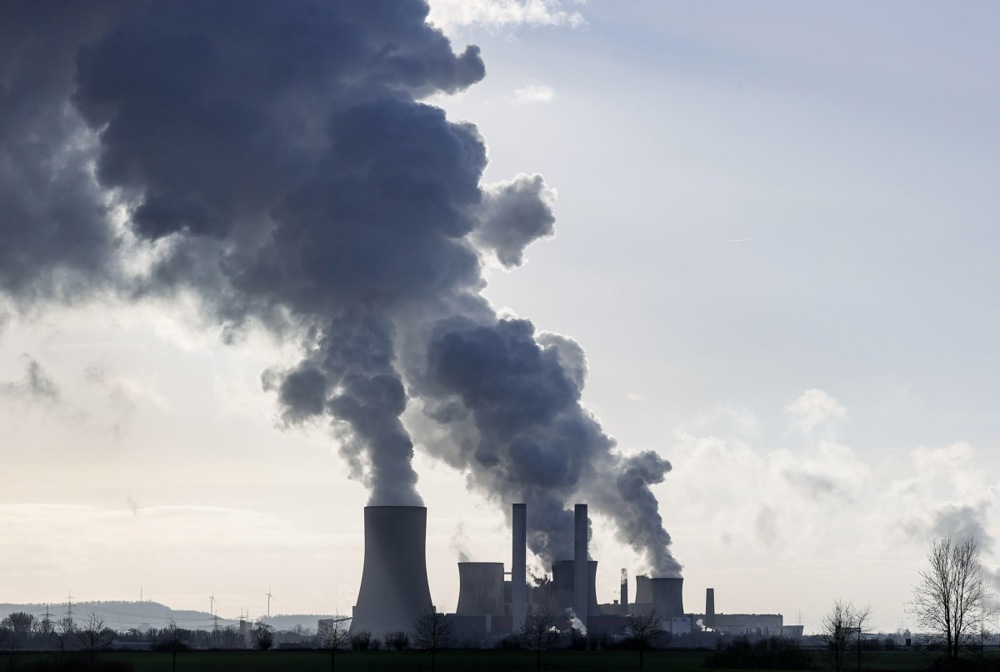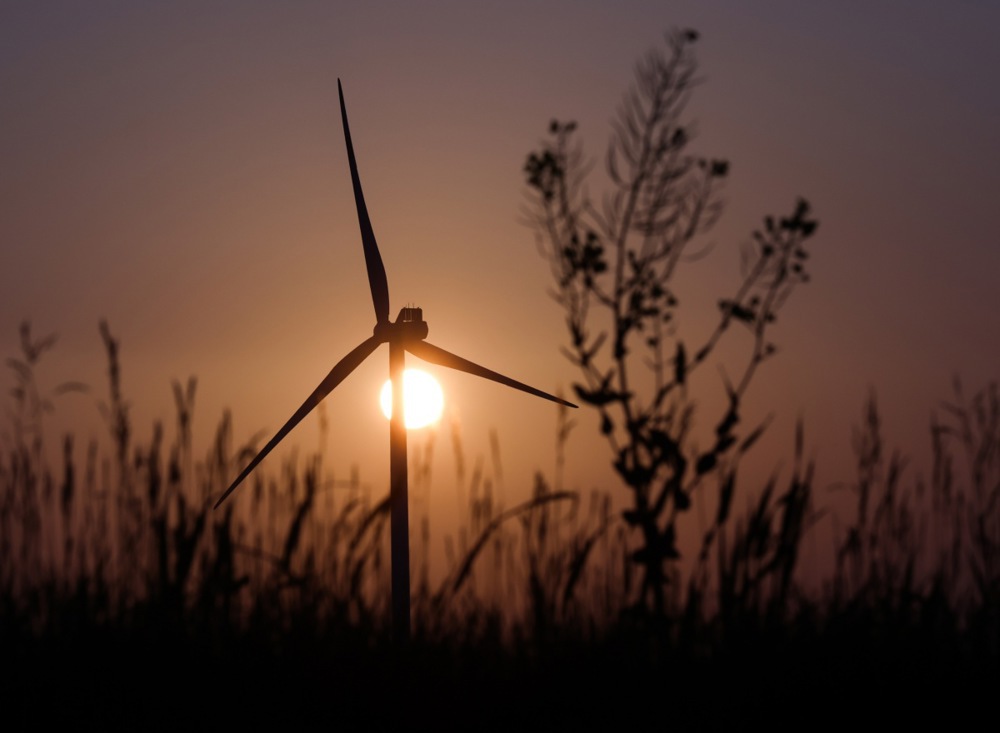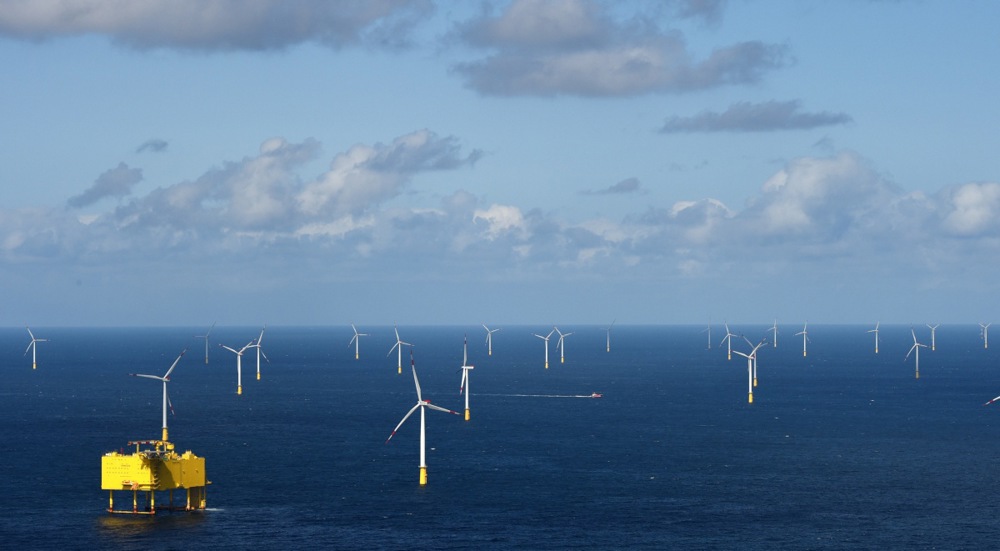Due to the tight budgetary situation in Germany, the progressive government must significantly cut back on subsidies for installing heat pumps, which are a controversial and costly cornerstone of the country’s transition to an emission-free future.
In its hard-fought over budget, the German government will spend €2.4bn less on heat pumps in 2025 than in 2024, the newspaper Bild reported on August 18.
This represents a cut of more than 16 per cent. Some €14.35bn will remain available via the Climate and Transformation Fund
Electricity-intensive companies will also receive considerably fewer subsidies. From an allocated budget of €3.9bn in 2024, just €3.3bn will remain in 2025.
Robert Habeck, Economy Minister and member of the Greens party, spearheaded government plans to eliminate all oil and gas-based heating systems in the country and replace them with electric heat pumps. Older heat pumps also must be replaced with newer ones.
These plans have been controversial from their inception as homeowners will have to pay an estimated €13,000 per installation.
Next to the high prices, government policies have caused long waiting times for new installations.
Mark Helferich, spokesman on energy policy for the Christian Democrats, told Bild: “Either the traffic-light [government] thinks that people will no longer participate in the heating system replacement and heat transition or there is a threat of a funding stop during the year if the funds are no longer sufficient.”
Berlin was forced to end its subsidy scheme for electric vehicles (EVs) at the end of 2023, causing sales to slump. In July, 36.8 per cent fewer new battery-powered EVs (BEVs) were registered compared to the year before.
BEVs accounted for 12.9 per cent of the total in July, well below the market share of 18.4 per cent that was registered in 2023.
According to the government, that will not be the case for heat pumps. A spokesman for Habeck stated the funding for buildings and companies will be “continued next year without cutbacks.”
Some politicians have noted that it was never the plan to use all the cash from the Climate and Transformation Fund, and that re-allocations were always considered an option.
Despite such claims, in a video from August 13, 2024, Habeck previously said that the subsidy for heat pumps “will not be touched.”
Germany’s economy is facing challenges that threaten the viability of its growth model, a report has claimed. https://t.co/KzbKXudWPh
— Brussels Signal (@brusselssignal) August 6, 2024
Part of this is down to the fact that Berlin’s plans on how it will fund its climate policy were scuppered late last year.
Germany’s progressive government had initially wanted pay for the so-called “energiewende” — the ongoing transition by Germany to a low-carbon, environmentally sound, reliable, and affordable energy supply — via the transfer of billions of euros in pandemic-related cash into a separate climate fund.
But in November of last year, Germany’s top court deemed this illegal, blowing a huge hole in the government budget.
Even with the reforms now proposed, it is expected that a financial gap of €12.5bn will remain in place should further cuts not be made.
Germany’s top court has blown a major hole in the federal government’s budget plans by ruling that the transfer of billions of euros in pandemic-related debt to a separate climate fund was illegal. https://t.co/oBhguJ1Ol1
— Brussels Signal (@brusselssignal) November 15, 2023





